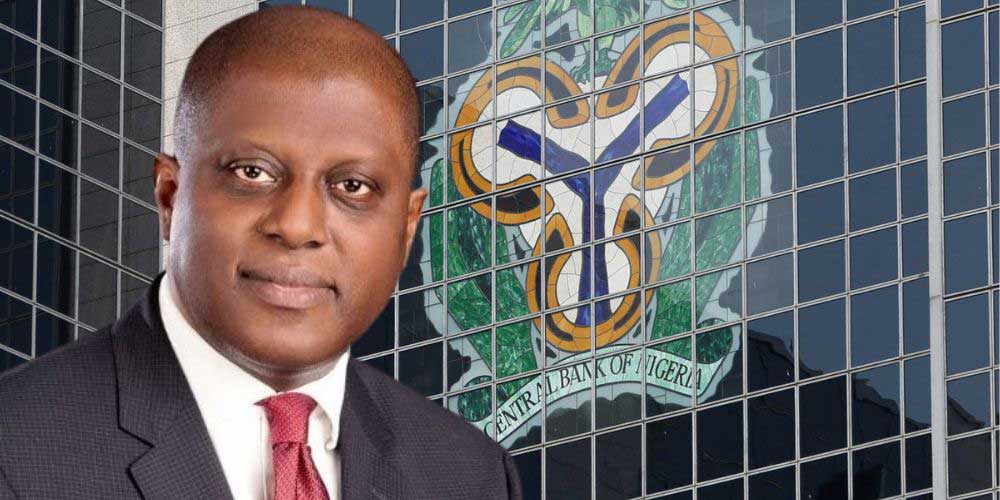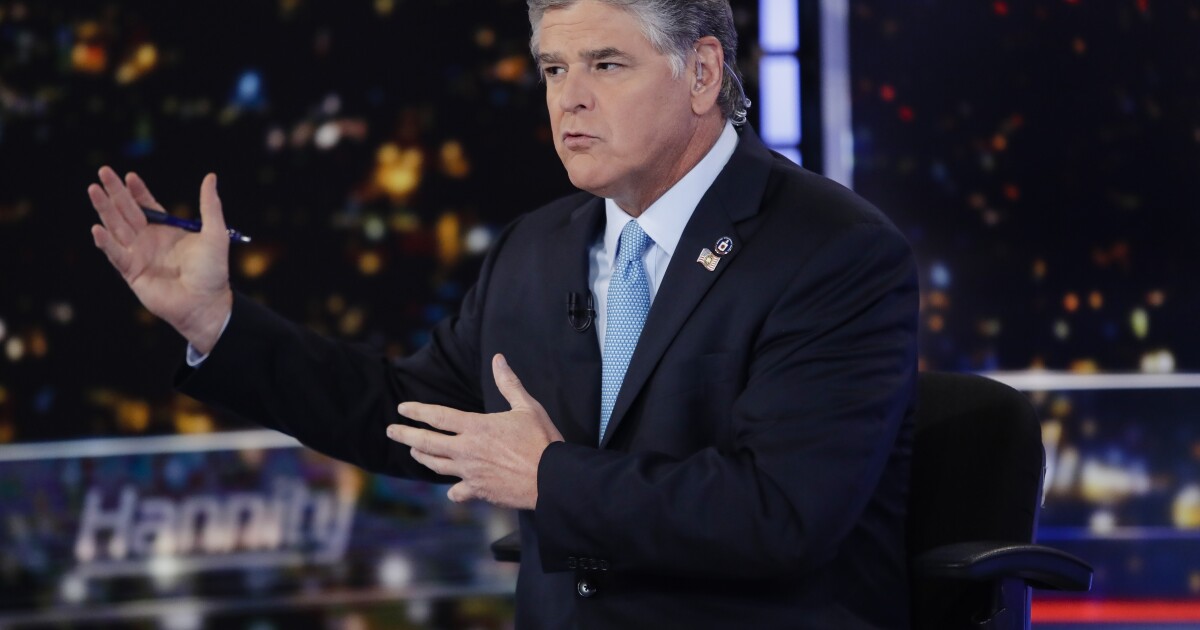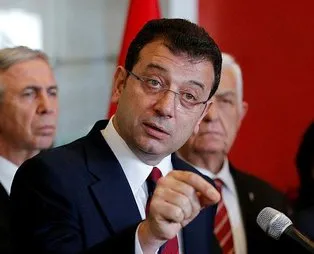On Wednesday this week, just before reports emerged that China had asked Russia to delay its invasion of Ukraine until after the Olympics, I spoke to Anthony Saich, a professor of international affairs at the Harvard Kennedy School and an expert on China’s politics and state institutions. Tony is the author of many books, papers, and essays, including From Rebel to Ruler: One Hundred Years of the Chinese Communist Party, which was published last year when the Party celebrated its 100th anniversary.
We spoke by video call. This is an edited and abridged transcript of part of our conversation.
—Jeremy Goldkorn
What is the Communist Party of China thinking about the Russian invasion of Ukraine? What is Xí Jìnpíng 习近平 thinking?
Well, the first thing is, of course, they wouldn’t agree with the way you phrased the question. They still are not willing to acknowledge that this is actually an “invasion.” So I think that tells us a fair bit about what they’re thinking.
But I think most people are coming to the conclusion that the actions have really created an extraordinary dilemma for Xi Jinping and the leadership in Beijing. Around the time of the Olympics, everything was hunky-dory, you know, there was their new best friend Vladimir Putin and their relationship was going to have no limits. And then of course he went back home and proceeded to invade Ukraine in a brutal fashion.
Now, did Xi Jinping know? Well, we are never going to know the answer to that [with certainty]. I think some signs show that certainly the Foreign Ministry was out of the loop, but given the lack of transparency in the Chinese system, the suspicion is always going to remain that he knew more than has been revealed publicly.
And the Foreign Ministry is notoriously one of the weakest ministries and often is the last to know, right?
They’re a bunch of wishy-washy diplomats! I do think at a serious level that they’ve been struggling to respond because obviously they are more conscious of sort of external relations in the way this may be perceived externally, in the way it might reflect back onto China more broadly. And you saw them really struggling for talking points after the invasion.
They basically followed Russia’s talking points. So this was all the fault of the West. It was the inappropriate expansion of NATO eastward. It was being pushed by the U.S. and this was compromising the security realm for Russia, and that it was justifiable for Russia to expect that it would have a security space.
Going back to the Russia-China joint statement, I think it’s interesting and this sort of highlights what the dilemma was. I think it was clearly written by the Chinese, you know, Russia is clearly the baby partner in this relationship, which must irk Putin somewhat. And while it referred explicitly to Taiwan, it didn’t give mention explicitly of Ukraine, it just talked about that question of having a sufficient security realm. So that already shows that there was a degree of ambivalence in a way of trying to thread an impossible needle.
And it’s really raised three core challenges for China: The first is that [Beijing] has always maintained that China does not approve of interference in the domestic affairs of another country. Second, it regards as an important issue territorial sovereignty and territorial integrity, both of which have been abrogated by Russia’s actions.
And third, given that Xi Jinping wants complete stability over this next year, this is the last thing he probably wanted with all the international fallback, and this potentially rumbling on through much of the year until he gets to his coronation at the 20th Party Congress. Now the first two are probably easy to deal with, but the third one is much more unpredictable.
But Xi must have been, on some level, prepared. He’s the guy — he or his speechwriters — who has been talking about “profound changes unseen in a century,” so he can’t have been psychologically unprepared for this, right?
Did he buy in to Putin’s vision that this was going to be quick and clean, and Russia would go in to sort things out, get a puppet regime, or maybe not go that far, but basically take control of the eastern parts of Ukraine? And that it would be done and dusted before there was a military response from Ukraine and before NATO could actually mobilize. If that was what he was expecting, then he’s been very seriously surprised by what unfolded subsequently.
And the Foreign Ministry has been reduced to basically taking on Russia’s talking points. Wáng Yì 王毅 just very recently, talking with the Ukrainian foreign minister, mentioned their desire to see a negotiated outcome, although it seems much of that discussion focused on “Please look after our Chinese nationals in your country and take good care of them.”
But again, he talked about the need for security and security space, which can only refer to what [China] sees as Russia’s interests. So while some people have said this is a step back, it’s not a significant step back from where China started in terms of its response to Russian actions.
Do you think that Xi Jinping must think that, at least whatever we do, Russia’s going to have our back? Isn’t that the quid pro quo here? Perhaps Xi may have been surprised by how this thing has unrolled in the last week and how poorly the Russian army has performed and how the whole thing has been messy and how much international opprobrium has been heaped on Russia. But on the other hand, this is how iron friendships are forged. At some point, isn’t China going to need the favor of being very supportive returned?
Maybe, but it’s not much of a supporter, is it? What this has revealed is that Russia’s military is not as coordinated and effective as we might have thought. The ravages now that are raging through the Russian economy are pretty significant. And it’s also clear that there’s a fair amount of opposition to this within Russia itself. So if that’s what you’re relying on as your bedrock support, it’s not really that spectacular.
And this comes back to a point that I’m still not convinced about: Some people have seen this as the new global order that is being laid out here. And that seemed to be what Xi and Putin were suggesting when they were in Beijing.
But I think the question is still out there, is this really a serious deep relationship into the future, or is it more likely transactional, which for either country they’re going to stay with as long as it coincides with their own national interests, but are liable to move away from when it’s not so beneficial.
And I think what we’ve been seeing really is the almost, I wouldn’t say it was an embarrassment, but, Xi Jinping has dug them in deep with Putin. And to some extent, what the Foreign Ministry is doing now — yes, a weaker player, as you say — is trying to give Beijing some wiggle room or space in terms of saying “No, no, no, no, we really believe in negotiation, we believe in territorial sovereignty.” But of course we accept the basic talking point from Russia that this is about their security. They still refuse to call it an invasion. So I think they’re trying to create some bit of space for Beijing, particularly if things really continue to go so badly wrong.
Beijing has egg on its face? Or at least, it’s not positive?
No. As I said, they’re trying these sort of talking points, to negotiate a settlement, we want a peaceful resolution, and so on and so forth, and they’re still in contact with Ukraine. But it doesn’t look good and it doesn’t look good at a number of different levels.
Online nationalists have been saying, “Great man, Putin, let’s follow him and invade Taiwan.” But what I think what this is really showing is how problematic a military incursion against Taiwan would be. This is a land invasion [of Ukraine], which should be easier than an amphibious invasion. And if I were in Beijing, I would be shocked by the unity of sanctions that has been pulled together by the West. Particularly the action now with SWIFT. That I think is going to have profound repercussions for China because it is so integrated into the global financial system that this must be a major concern.
You would think now that it would be wanting to diversify its assets, trying to get more trade and settlement in RMB, and trying to become less reliant on the dollar and so forth. And I think a third concern for them — there were some rumors about this that I just saw this morning about some companies importing Russian goods — will they fall prey to sanctions?
Do you have a sense of what the economic fallout for China is going to be from the sanctions?
I don’t think anybody knows is the honest answer to that. I think it’s something that they’ll be looking at carefully. It’s not going to be major, but there is the potential,
If China is now boosting their LNG imports [from Russia], if they’re boosting hydrocarbons, if they’re boosting cereal imports, it’s possible that those Chinese companies may be targeted as a part of the sanctions, which could severely impact their doing business elsewhere in the world, as long as the sort of a unity holds around those sanctions.
So it’s not huge, I don’t think, but I think it’s symbolic and I think it’s going be significant in terms of China’s calculations about how they will want to approach this.
Note: This article have been indexed to our site. We do not claim legitimacy, ownership or copyright of any of the content above. To see the article at original source Click Here













